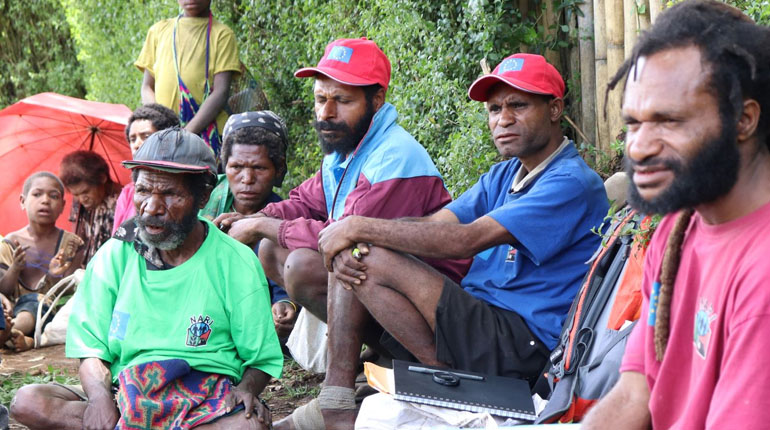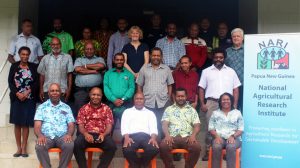A study is underway to document indigenous knowledge and practices aimed at establishing a better understanding of it and how such could be integrated with resilience strategies for rural communities to better manage risk associated with prolonged dry periods.
It is common knowledge that indigenous knowledge and practices have been an integral part of rural communities for decades and many continue to rely on it for their livelihoods. In order to prepare rural communities built their resilience, it is useful to have an understanding on the type of local knowledge available to them and how they apply them. Having such information on hand would allow for integrating local knowledge with those that may be introduced from outside. The study undertaken under the EU climate resilience project aims to establish and determine what level of resilience traditional coping mechanisms provide and their potential for wider application. The three sites selected for the study are: Teptep (Rai Coast – Madang); Rigo (Central) and Pobuma (Manus). The study is expected to provide useful tips about indigenous knowledge, its usefulness in disaster risk reduction in a broader sense, and in particular to food systems. The study provides an opportunity, firstly to document local knowledge available and used at the three sites to sustain themselves during disasters such as prolonged dry periods; and secondly assess how these could be further improved to assist them to building resilience to their food systems. It will also attempt to assess each knowledge and practices on its usefulness and its potential for wider application. Furthermore, the study will identify challenges faced with its use and preservation, including the possibility of its risk of being lost. The study hopes to make a valuable contribution to drought preparedness and adoption strategies developed going forward by highlighting the significant roles of indigenous knowledge in these communities and how these could be further integrated with science and external knowledge.
Field visit for data collection at the Teptep site was undertaken from 28 September – 05 October and remaining sites will be completed during October.




